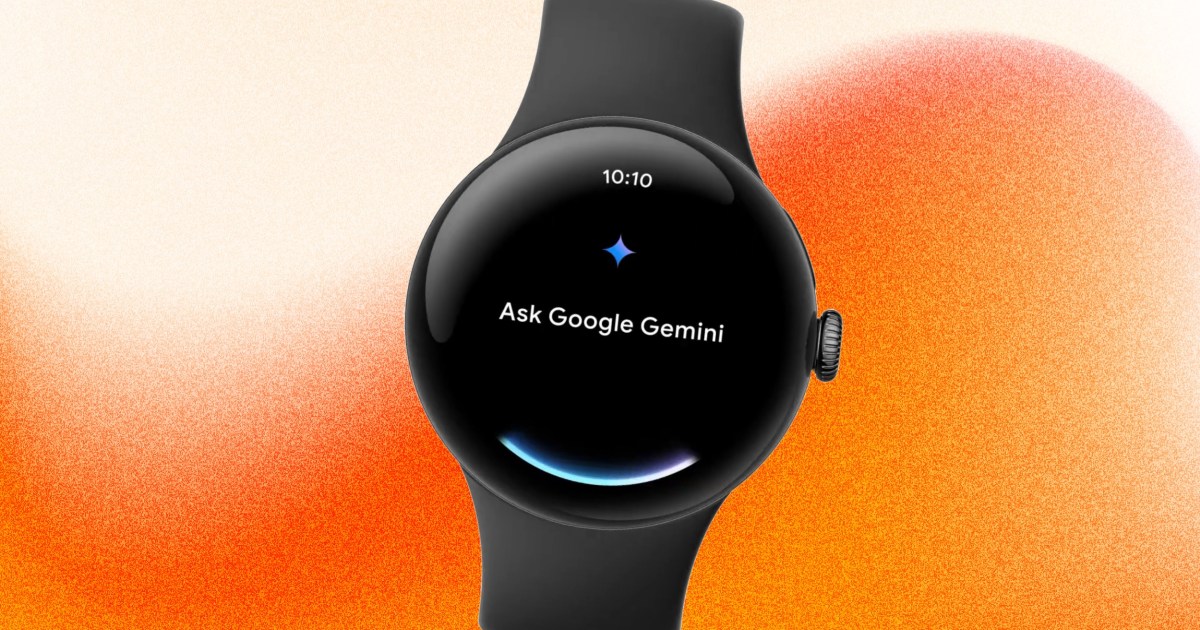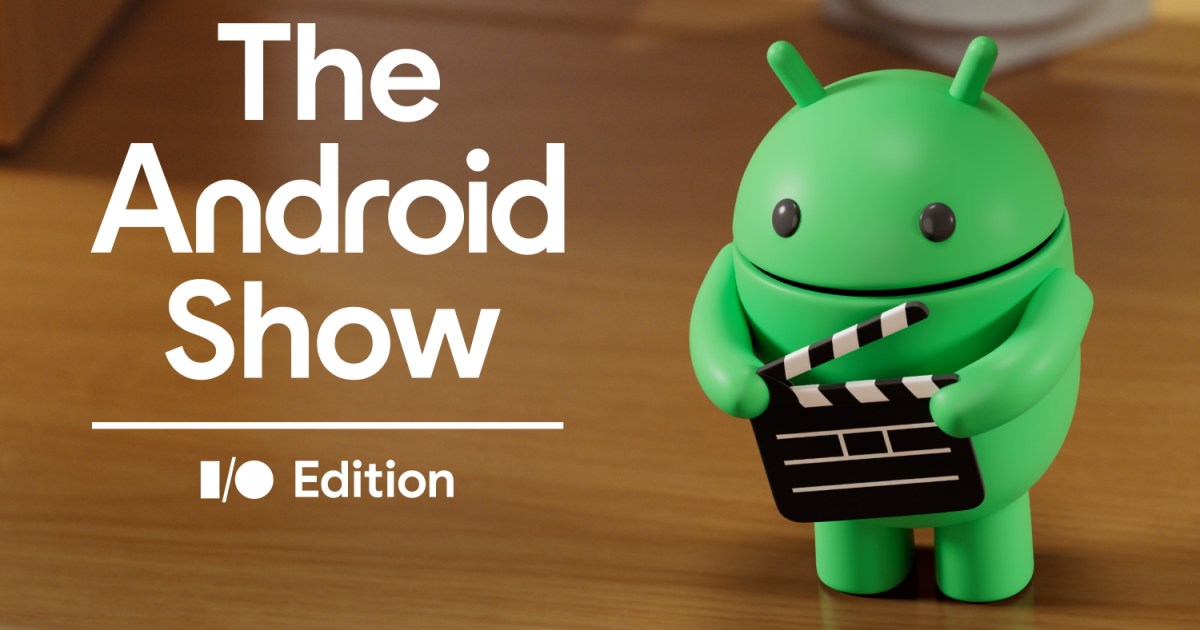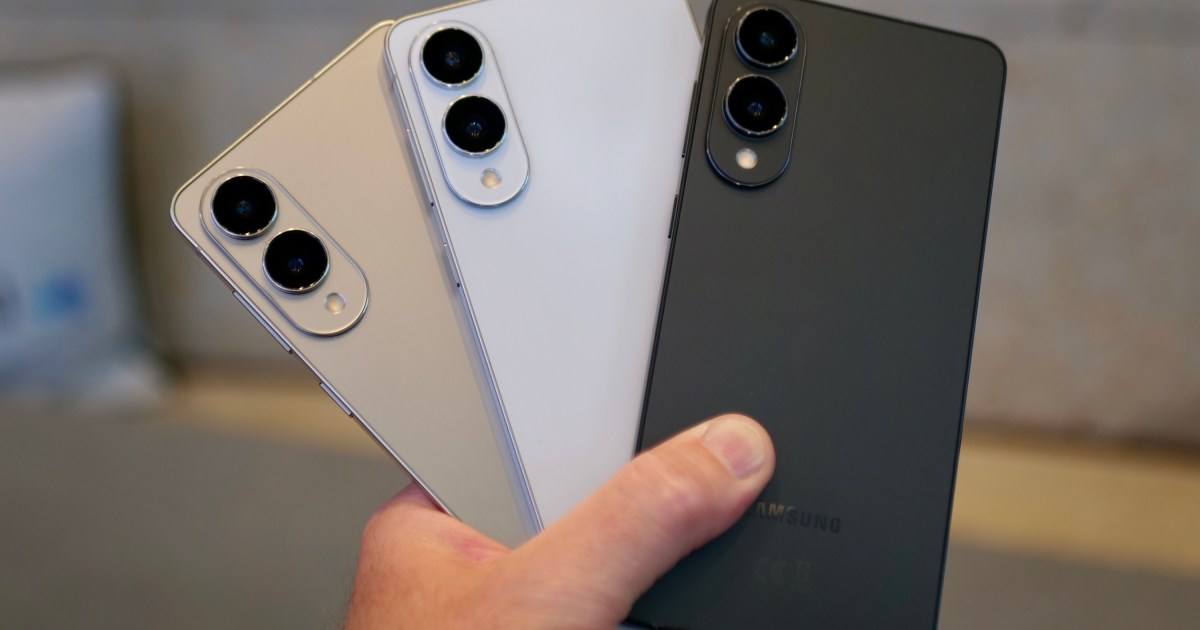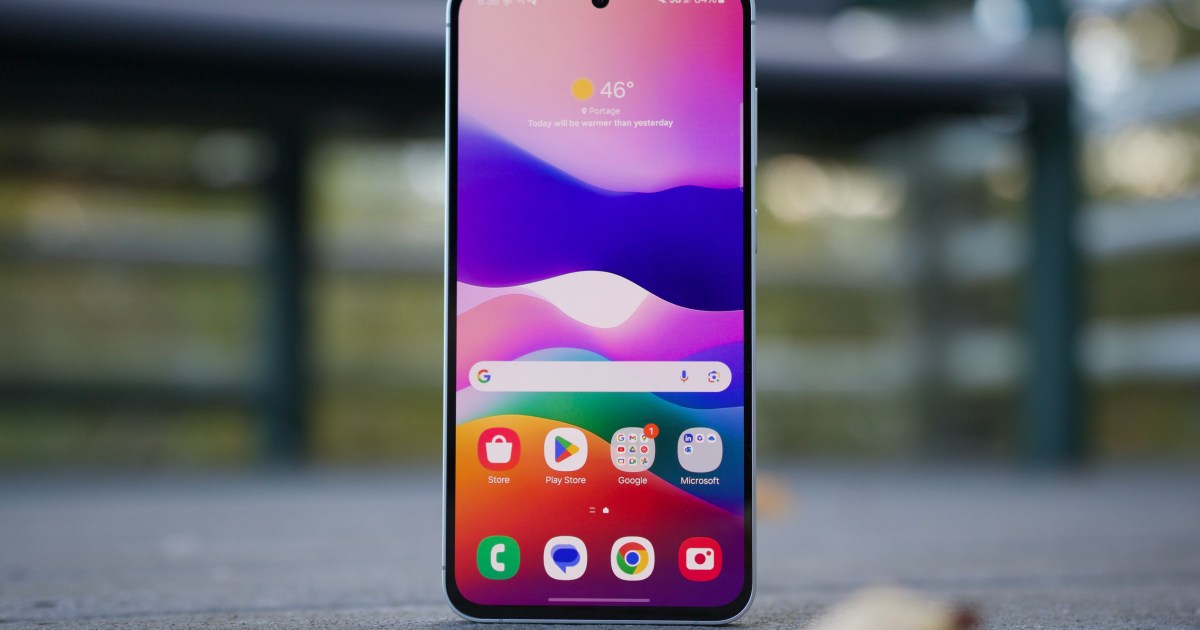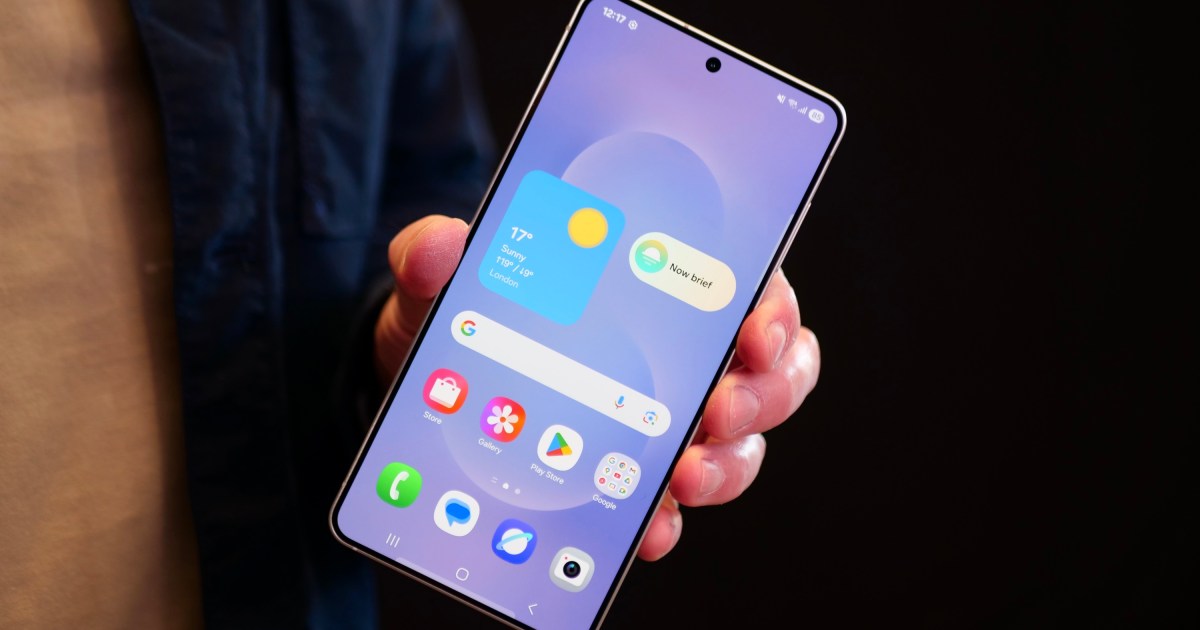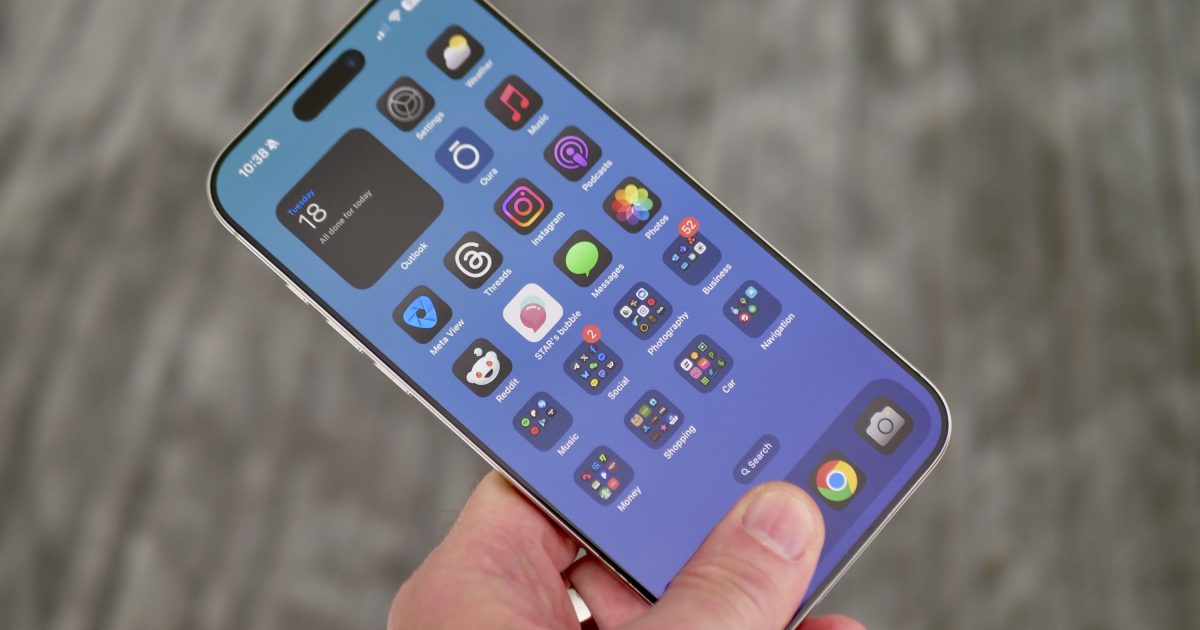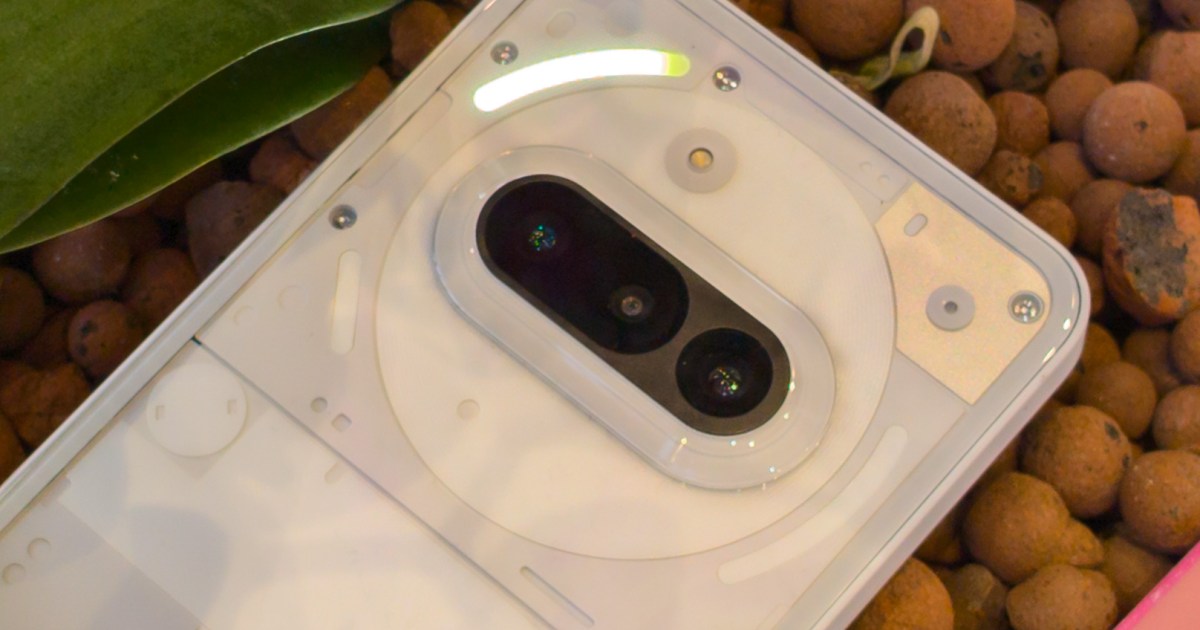Google is replacing Google Assistant with its Gemini AI across its device ecosystem, bringing the powerful AI to Wear OS smartwatches, car infotainment systems, and smart TVs. This expansion builds upon Gemini’s existing integration within Android, Workspace apps, and third-party platforms like WhatsApp and Spotify, promising a more unified and versatile user experience.
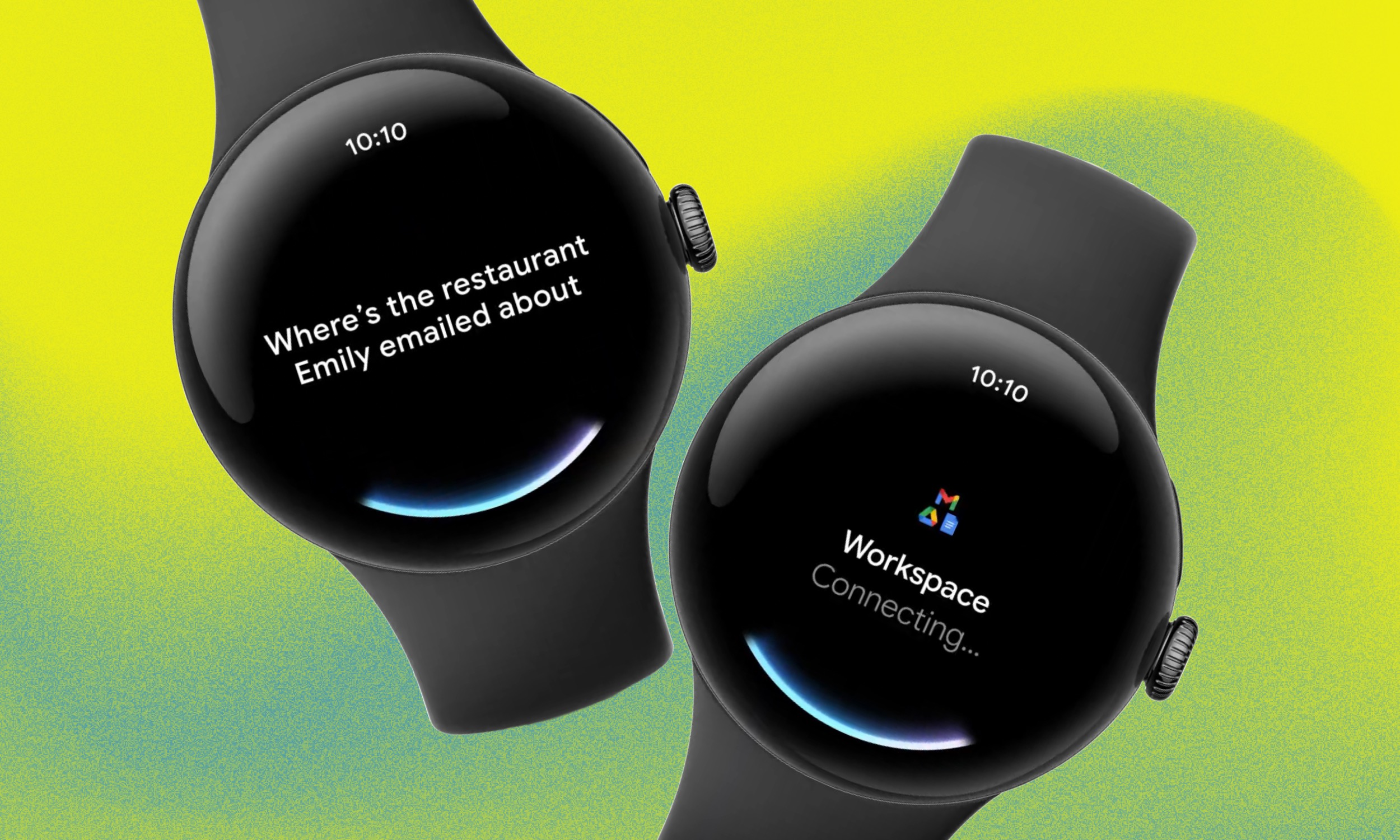 Gemini AI on a Pixel Watch.
Gemini AI on a Pixel Watch.
Gemini on Your Wrist: Wear OS Integration
Gemini on Wear OS aims to bridge the gap when your phone isn’t readily available. Expected to roll out in the coming months, Gemini will empower users to perform various tasks directly from their smartwatches, such as setting reminders, accessing Gmail and Google Maps, and leveraging contextual memory features similar to its mobile and desktop counterparts. While Google hasn’t specified hardware or software requirements, the integration promises more natural language processing and conversational abilities compared to Google Assistant. It will even allow users to extract information from multiple apps with a single query.
Gemini in Your Car: Android Auto and Google Built-in
Gemini is also coming to Android Auto and cars with Google built-in, emphasizing improved conversational interactions and contextual awareness. Google highlights the hands-free nature of the integration, allowing drivers to stay focused on the road.
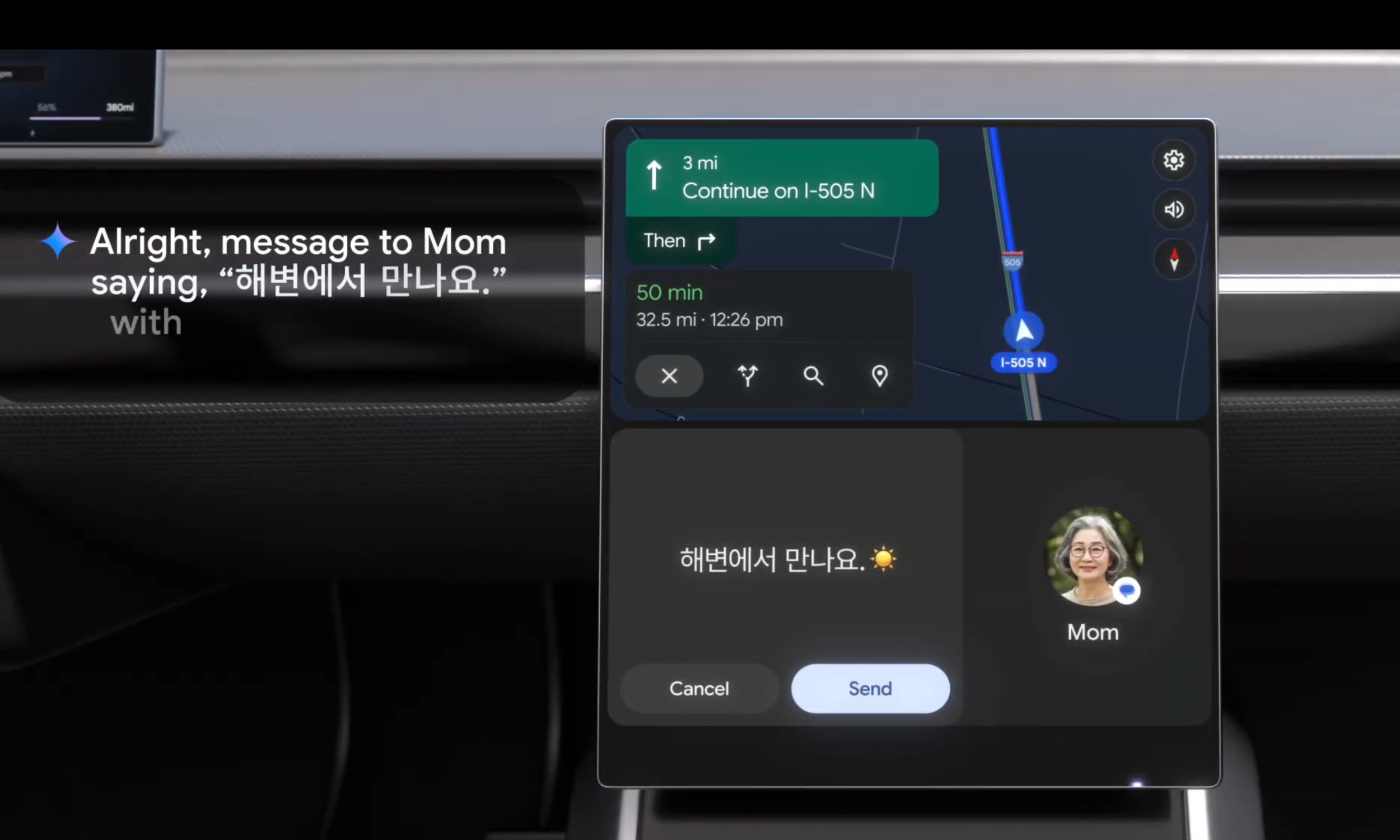 Google Gemini AI on an Android Auto screen.
Google Gemini AI on an Android Auto screen.
Gemini will assist with route planning, provide news summaries, and even summarize articles or books. A significant upgrade is its communication handling: Gemini connects to your phone’s messaging apps, summarizing and translating messages hands-free. It can then generate replies via voice dictation or text generation. This functionality will be available on Android Auto in the coming weeks and later for cars with Google Built-in.
Gemini on Your TV: Google TV Integration
In the coming months, Gemini will also integrate with Google TV, allowing users to make complex requests, such as filtering age-appropriate action movies for children. Beyond entertainment, Gemini will leverage its extensive knowledge base to answer general knowledge questions.
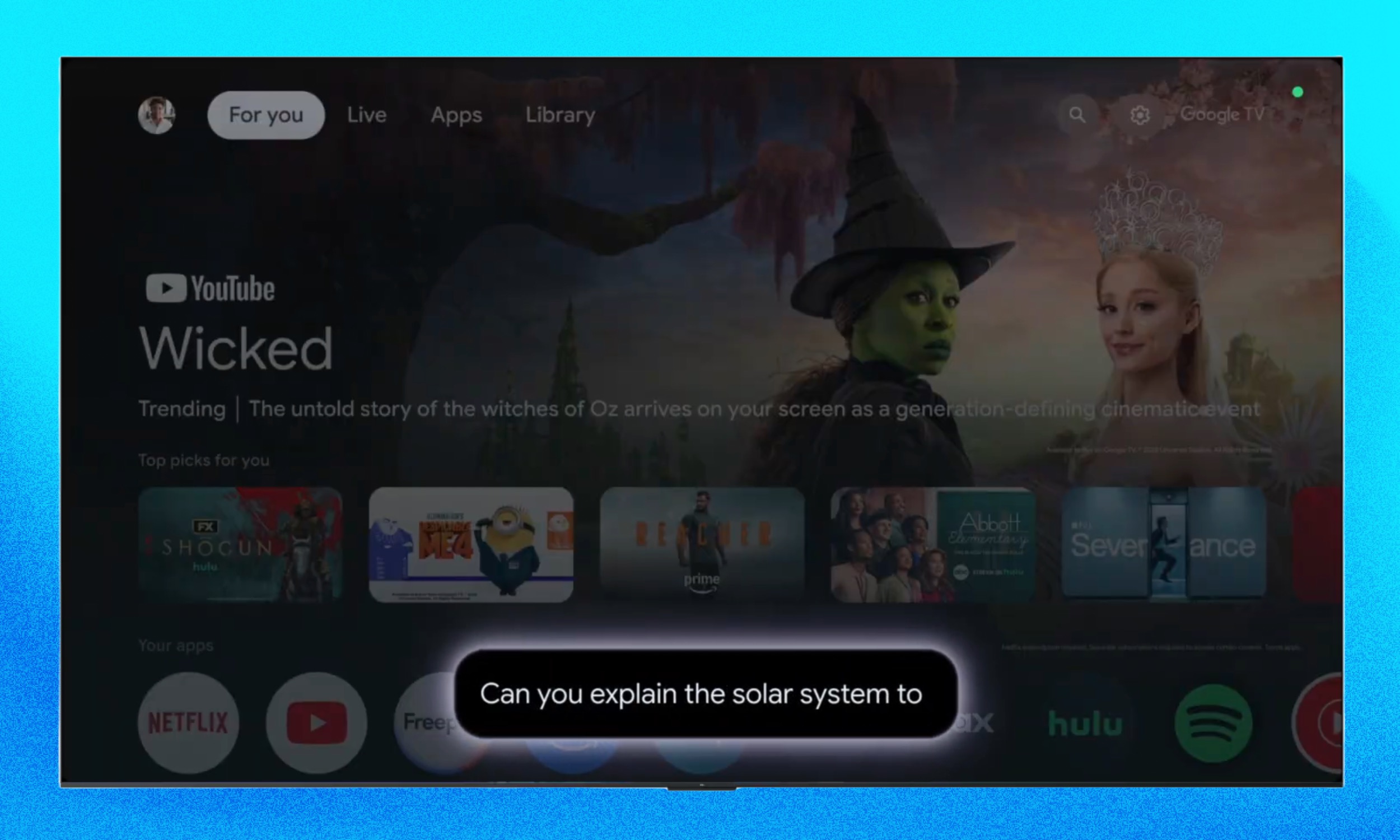 Google Gemini on an Android TV.
Google Gemini on an Android TV.
Gemini in XR and Earbuds: Expanding the Ecosystem
Google’s upcoming Android XR platform, expected to debut on Samsung headsets and smart glasses later this year, will also feature Gemini. In immersive spatial computing environments, Gemini will distribute responses across multiple floating screens, dynamically presenting information from various sources like maps, web searches, and YouTube videos.
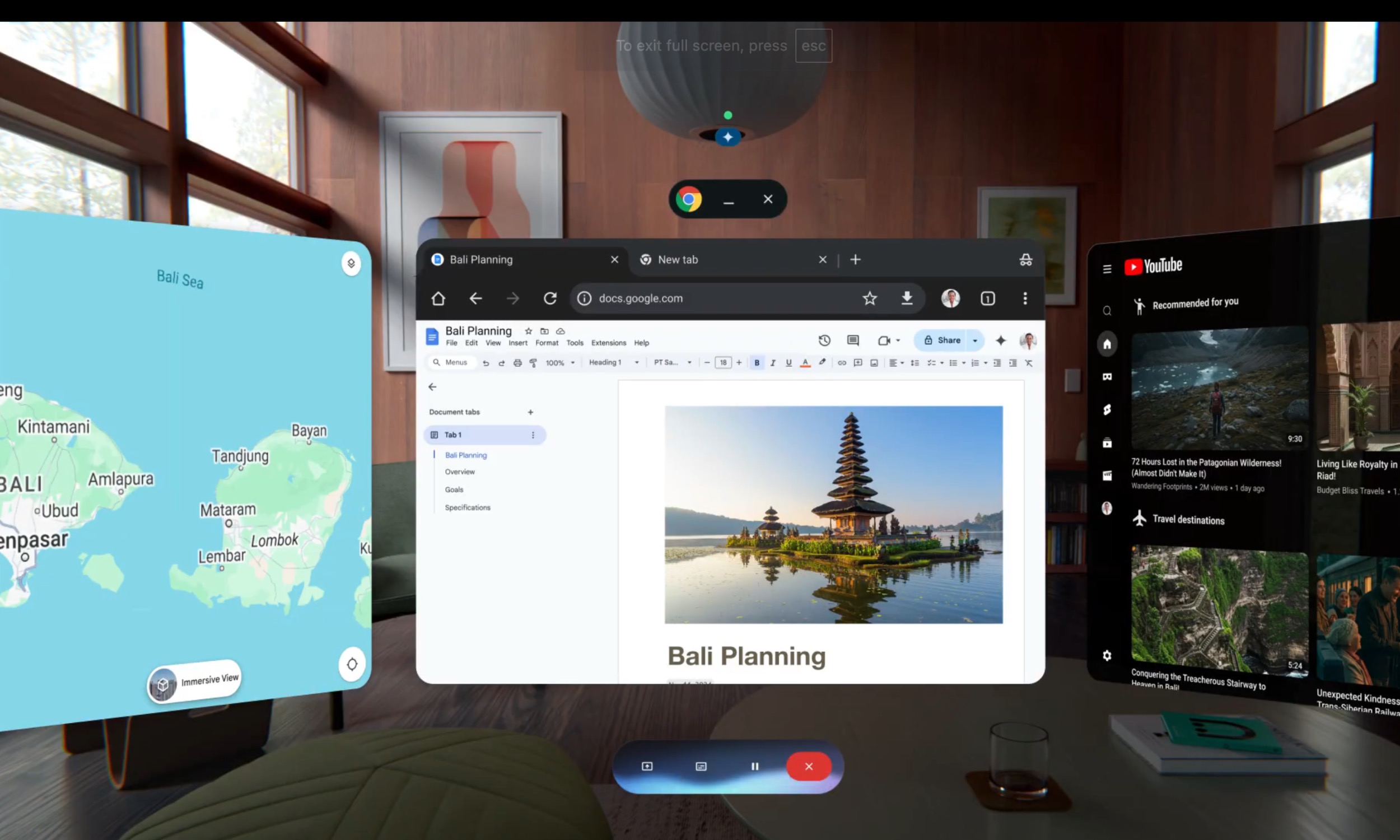 Google Gemini running on the Android XR platform.
Google Gemini running on the Android XR platform.
Furthermore, Gemini will be available on wireless earbuds from manufacturers like Samsung and Sony, further extending its reach.
Conclusion: A Unified AI Experience
Google’s transition from Assistant to Gemini represents a significant shift towards a more unified and capable AI experience across its diverse product ecosystem. From smartwatches and cars to TVs and XR devices, Gemini aims to provide seamless, intuitive, and intelligent assistance in various contexts. This expansion promises to transform how users interact with technology, offering a more natural and conversational approach to accessing information and completing tasks.



